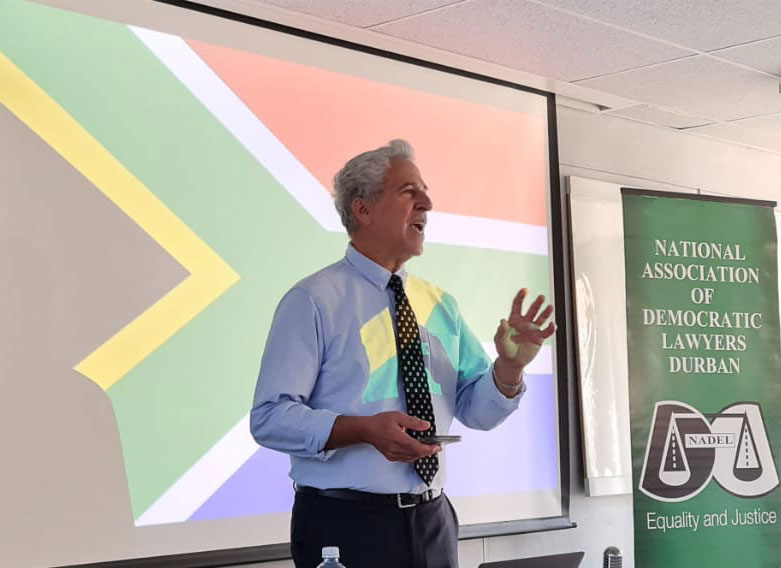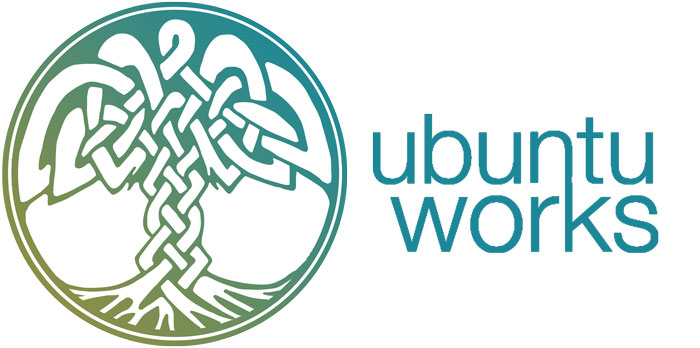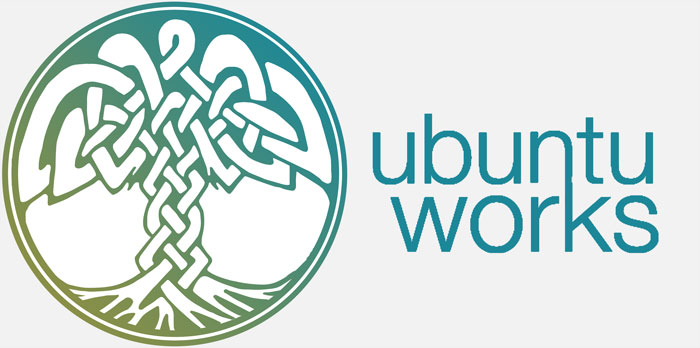Ubuntu Around the World
A REDISCOVERY
Discover ubuntu in other cultures.
Ubuntu knows no borders. Many non-dominant cultures around the globe honor the principle that all living things are interdependent and inseparable parts of a larger whole. The search for a stronger connection in our lives and institutions requires a rediscovery, not a new invention. These paradigms of interdependence have always existed. By drawing upon both current and ancient wisdom we can build a bridge across the ages and culture, between us and them, and begin to relearn how to live from that special place. Join us on this journey around the world to taste the essence of being human - the possibility and gift of ubuntu.
Ubuntu Around the World
by Eric Sirotkin
Presented at the American Bar Associations 25th Annual Dispute Resolution Spring Conference
Our search for a stronger connection in our lives and in our world requires a rediscovery, not a new invention. These paradigms of interdependence have always existed. By drawing upon the ancient, intuitive wisdom inherent in various non-dominant cultures, we can build a bridge across the ages and cultures, between us and them. Read more. Download the pdf.


